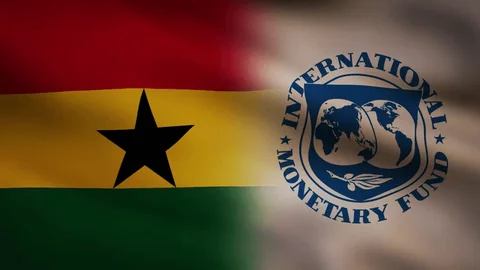The International Monetary Fund (IMF) has issued a strong caution over the persistent financial losses within Ghana’s energy sector, warning that the shortfalls remain a critical threat to the country’s economic recovery and stability.
Speaking at a media briefing following the IMF Spring Meetings in Washington, D.C., the Fund’s Mission Chief for Ghana, Stéphane Roudet, underscored the urgency of reforming the sector. He said the inability of the Electricity Company of Ghana (ECG) to recover the full cost of electricity supplied continues to undermine fiscal consolidation efforts under the IMF-supported programme.
“The main challenge is the substantial gap between revenue collection by ECG and the actual cost of electricity generation and distribution,” Roudet noted, describing the shortfall as a central risk that has been on the Fund’s radar since the programme’s inception.
The IMF has consistently called for structural reforms in Ghana’s energy sector, where legacy debts, technical inefficiencies, and poor revenue recovery have created recurring financial imbalances. These challenges, the Fund argues, threaten to derail progress made under Ghana’s current $3 billion Extended Credit Facility (ECF) arrangement.
Read Also: Government exceeds Treasury bill target by GHS550M
Despite the concerns, Roudet expressed cautious optimism, acknowledging the government’s renewed commitment to tackling the sector’s inefficiencies and meeting program benchmarks. The government has pledged to implement reforms aimed at improving revenue collection, reducing losses, and enhancing overall transparency in the energy supply chain.
The IMF’s warning comes amid growing scrutiny of state-owned enterprises and their role in exacerbating fiscal pressures. Analysts have stressed that without decisive reforms in the power sector, Ghana’s broader macroeconomic recovery could remain vulnerable.

























